Rides
Where to stay
Wilderness camping
- Wilderness camps: These are smaller, sometimes mobile or semi-mobile, tented camps in very remote locations, often with only four to eight tents. They are set up with strict low-impact rules and are located in areas no permanent lodge could be built.
- Tented camps: These are more structured than wilderness camps and are set up for longer periods, but still provide an immersive experience with less infrastructure than a traditional lodge.
Safety and regulations
- Wild animals: Tanzania is home to diverse wildlife that is free to move around, so you are very close to animals. It is critical to always follow the advice of your guides.
- Night time safety: It is never a good idea to walk around at night, even at a designated campsite, because animals are active.
- Follow all rules: Wilderness camping is safe and can be an amazing experience as long as you obey all rules, listen to your guide, and do not get too close to wildlife.
- Camping etiquette: Keep your tent fully zipped up, keep the campsite tidy, and store food properly to avoid attracting animals.
- Dangerous animals: Be aware that some animals, like hippos, can be very dangerous and aggressive.
What to expect
- You will be very close to the natural environment, with wildlife roaming freely around you.
- The experience is more authentic and immersive than staying in a permanent lodge, but still provides a safe and structured experience
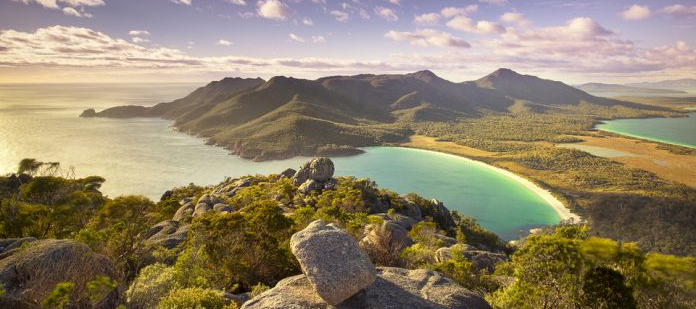
Tasmania is an island state of Australia, sitting about 240 kilometres (150 miles) south of the mainland, separated by the Bass Strait. It includes the main island, the 26th largest in the world, along with around 1,000 smaller surrounding islands. With a population of 573,479 as of June 2023, it’s Australia’s smallest and least populated state. Hobart is the capital and largest city, home to about 40% of the state’s residents, while Tasmania is also the most decentralised state, with the smallest share of people living in its capital city.
Tasmania’s main island was originally home to Aboriginal peoples, who today are generally known as Palawa or Pakana. It’s believed they became isolated from mainland Aboriginal groups about 11,700 years ago, when rising sea levels created the Bass Strait.
Requirements
| Carnet de Passage | required |
| Insurance | compulsory third party insurance |
| International driving permit | require IDP 1949 |
| Travel Visa | e-visitor, 90 days per calendar year |
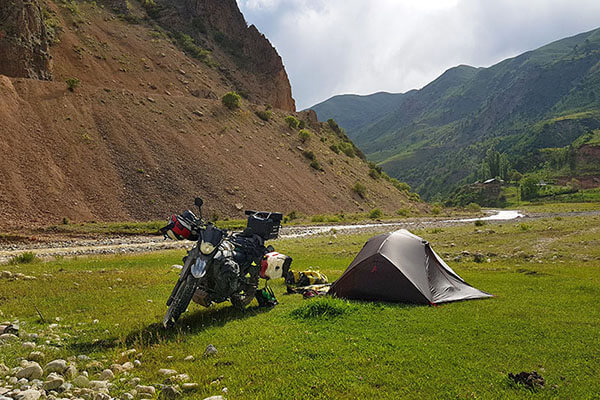
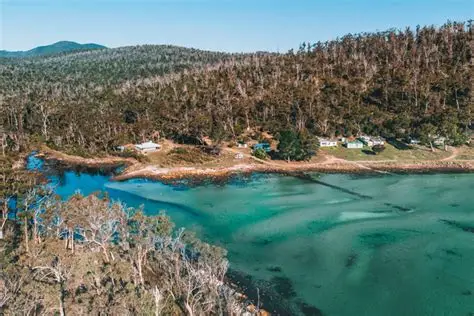
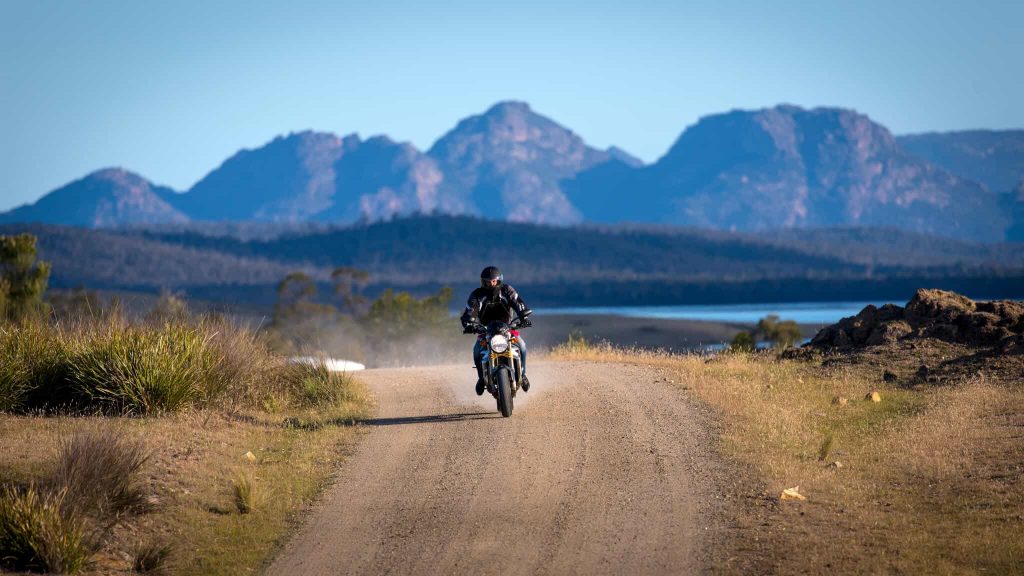
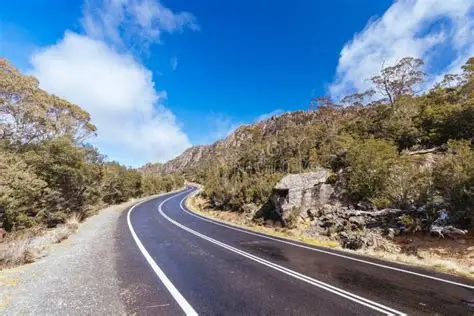
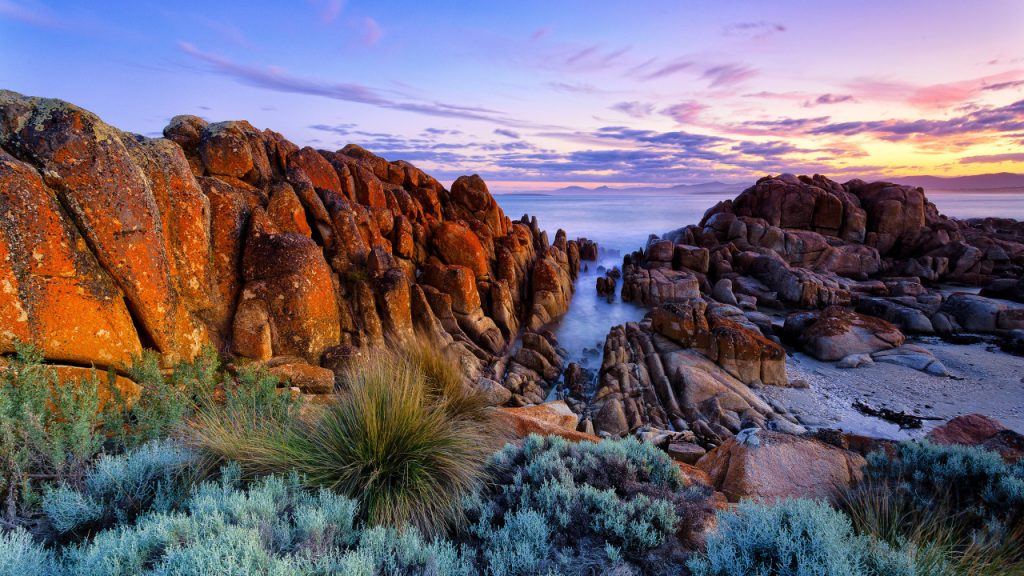
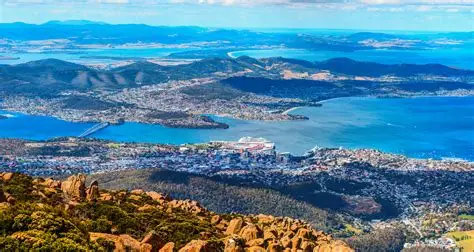
Please note, this page was correct when written in November 2025.
